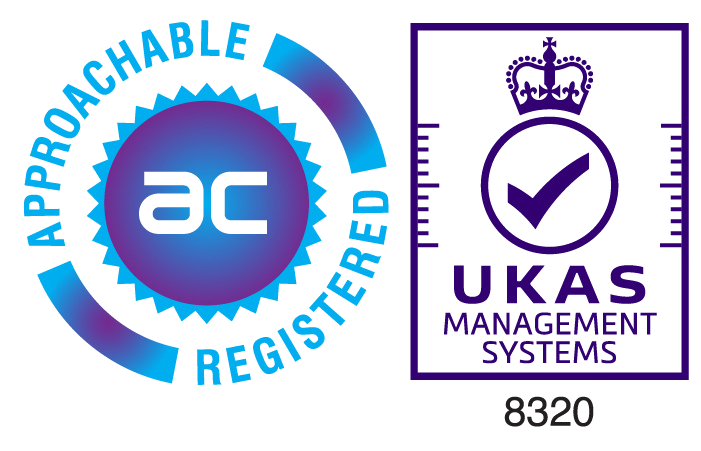from LMS to MLS: what is the difference & why it matters
In our ever-evolving landscape of learning and development, acronyms abound. Two that often get confused – but are fundamentally different - are LMS (Learning Management System) and MLS (Managed Learning Service). While they may sound similar, their roles in organisational learning are distinct and complementary. Understanding the difference can help businesses make smarter decisions about how they deliver and manage learning.

what is LMS?
A Learning Management System (LMS) is a software platform used to deliver, track, and manage training programs. It’s the digital backbone of eLearning, allowing organisations to:
- Host online courses and training materials
- Track learner progress and performance
- Automate certifications and compliance
- Integrate with other HR or talent systems
They’re ideal for organisations that want to centralise learning content and provide self-paced or instructor-led training.
what is MLS?
Managed Learning Services (MLS), on the other hand, is a strategic outsourcing model. It goes beyond technology to include the end-to-end management of learning functions, such as:
- Learning strategy and consulting
- Vendor management and procurement
- Training delivery (virtual, in-person, blended)
- Content development and curation
- Learning analytics and reporting
- Administration and helpdesk support
MLS providers act as an extension of your L&D team, helping you scale learning operations, reduce costs, and improve learner experience.
key differences at a glance
Feature LMS MLS
Type Software platform Outsourced service model
Focus Course delivery & tracking End-to-end learning management system
Scope Limited to platform capabilities Includes strategy, delivery, support, and more
Ownership Internal (you manage it) External (WDR manages it)
Flexibility Depends on system features Highly customisable based on business needs
why the difference matters:
Understanding the distinction between LMS and MLS is crucial for aligning your learning strategy with business goals. Here’s why:
- Scalability: LMS is great for internal control, but MLS helps scale learning across geographies and functions
- Efficiency: MLS can streamline operations and reduce administrative burden
- Expertise: MLS providers bring industry best practices and innovation
- Cost Optimisation: Outsourcing learning functions can be more cost-effective than managing everything in-house
can you have both?
Absolutely. In fact, many organisations use an LMS as the technology foundation and partner with an MLS provider to manage and optimise their learning ecosystem. It’s not an either/or—it’s about finding the right balance.
final thoughts
As learning becomes more strategic and complex, organisations need more than just tools—they need partners. LMS gives you the platform, but MLS gives you the power to transform learning into a business driver.
Whether you're a learning leader, HR professional, or business executive, understanding the difference between LMS and MLS can help you make informed decisions that elevate your workforce and drive performance.
Email or call us at learning.service@wdr.co.uk or call us at 01403 268251 to find out more.



